Resources
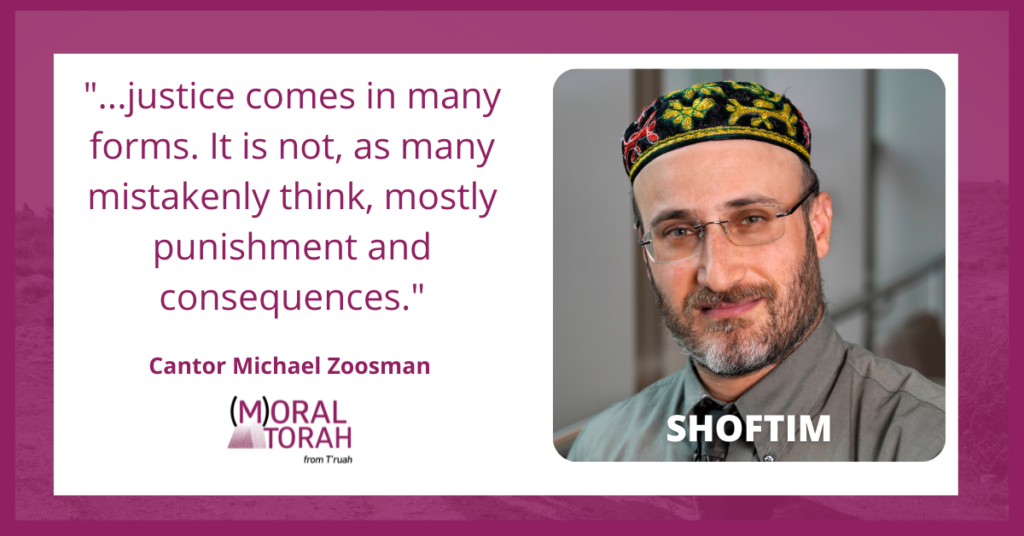
Abolition, Abolition Shall You Pursue!
...justice comes in many forms. It is not, as many mistakenly think, mostly punishment and consequences.
more
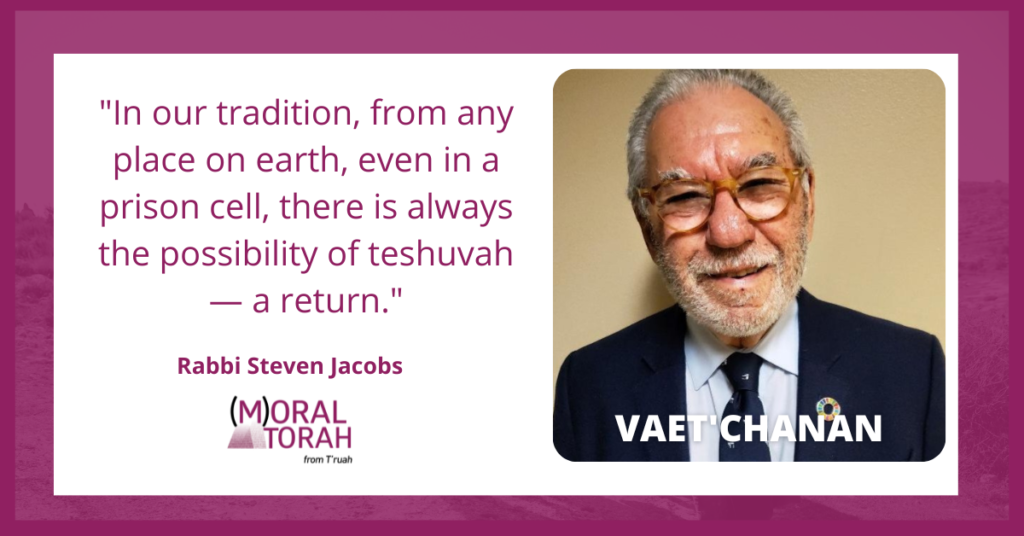
Returning from the Narrow Place
In our tradition, from any place on earth, even in a prison cell, there is always the possibility of teshuvah — a return.
more
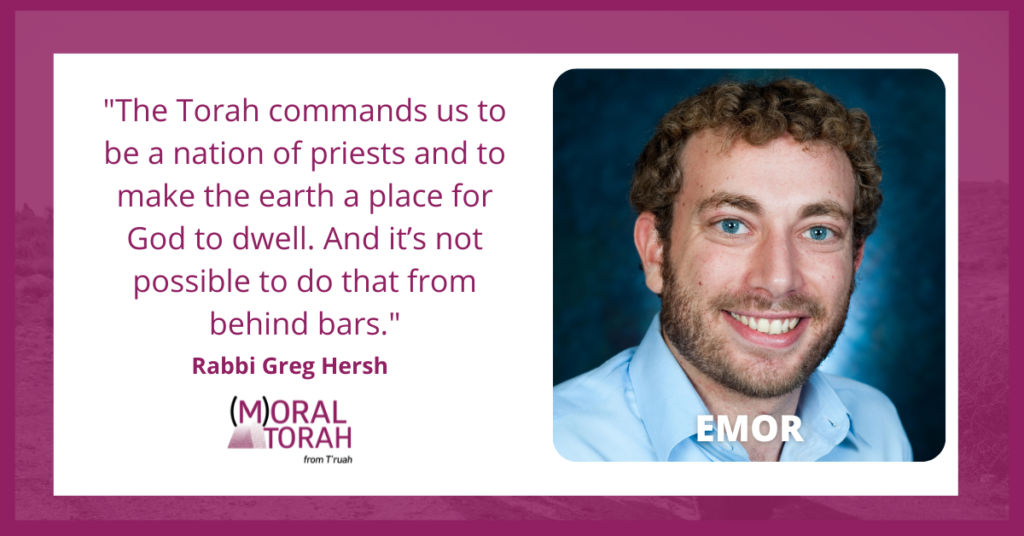
Why is the Torah So Silent About Prisons?
The Torah commands us to be a nation of priests and to make the earth a place for God to dwell. And it’s not possible to do that from behind bars.
more
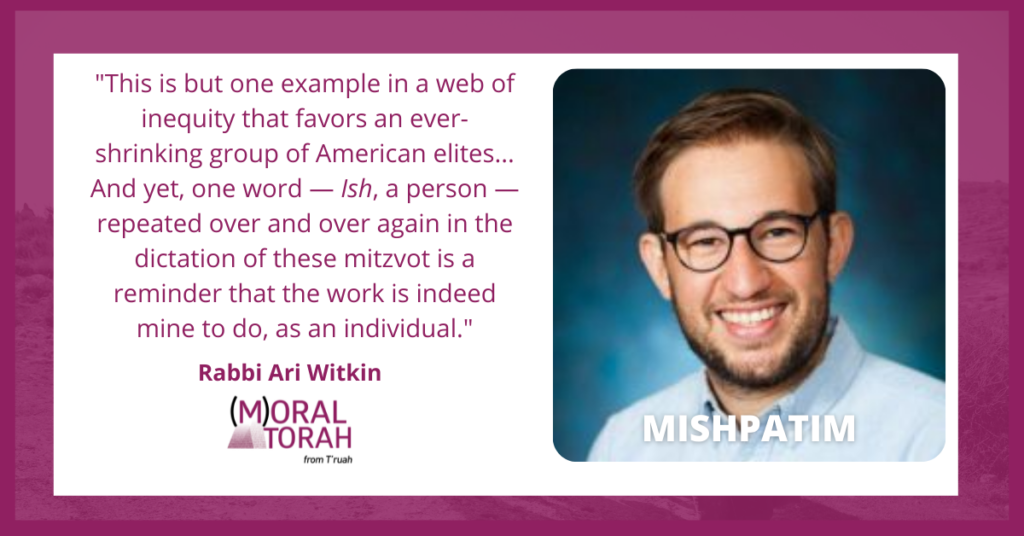
Favoring the Many, Not the Mighty
This is but one example in a web of inequity that favors an ever-shrinking group of American elites... And yet, one word — Ish, a person — repeated over and over again in the dictation of these mitzvot is a reminder that the work is indeed mine to do as an individual.
more
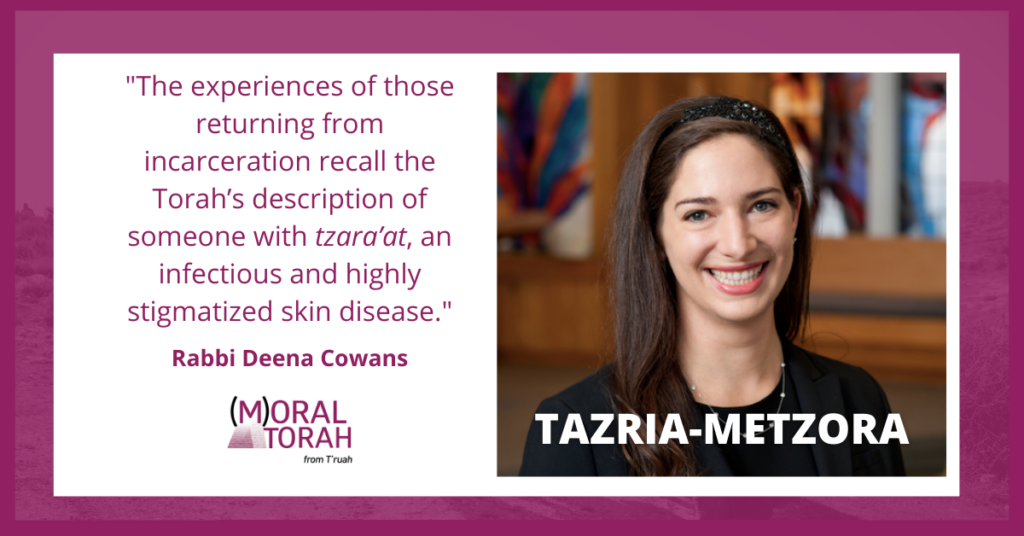
The Holy Task of Welcoming People Re-Entering Society
The experiences of those returning from incarceration recall the Torah’s description of someone with tzara’at, an infectious and highly stigmatized skin disease.
more
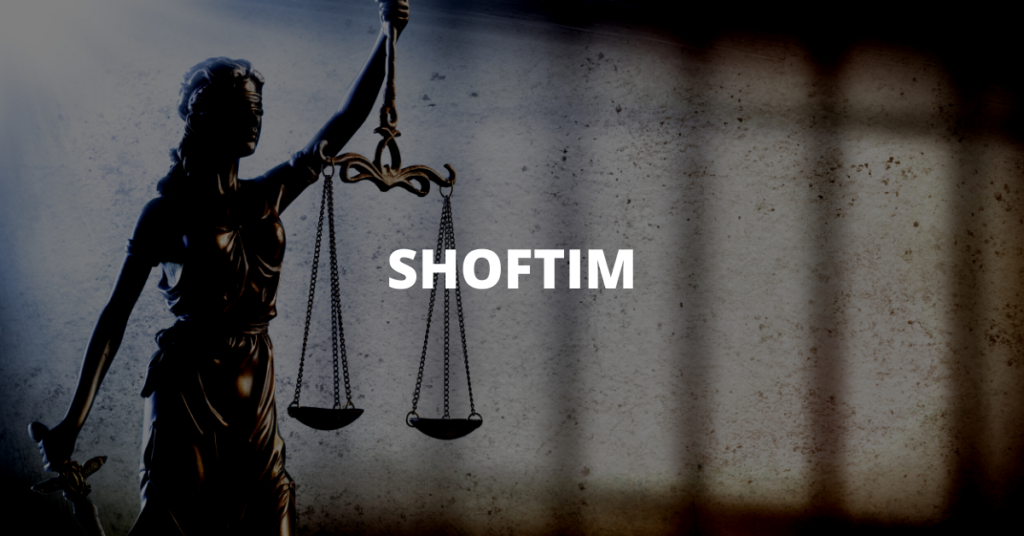
Doing Justice Justly
When our methods are just, our system doesn’t grant privileges to the powerful and strip protections from the vulnerable. As the Torah formulates it this week, “You shall not judge unfairly: you shall show no partiality; you shall not take bribes.” The justice system ought to represent all equally...
more
Tefillat HaDerekh from Montgomery, Alabama
Written during the T’ruah delegation to the Legacy Museum and National Memorial for Peace and Justice, January 26-28, 2020 Rabbi Nina H. Mandel Bo Bo el Par’oh Come after the oppressor Join the trouble Muster your strength Gird your loins Mobilize your anger Disrupt, disrupt, disrupt Watch for bias Cry out for truth Soften...
more
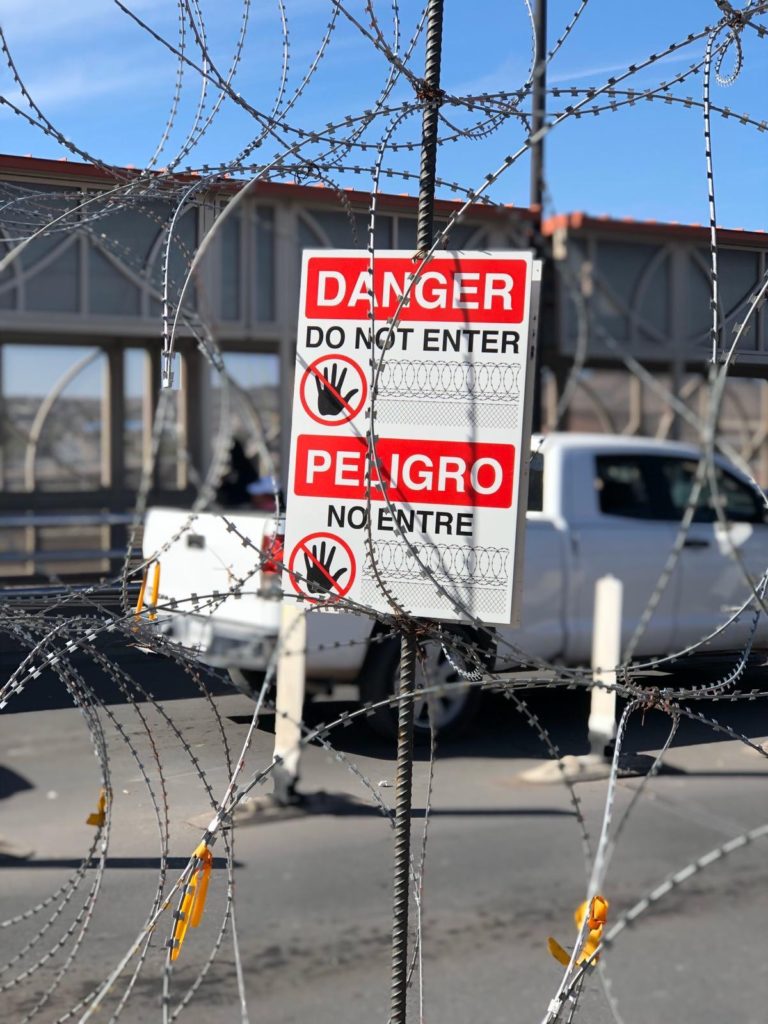
Report from El Paso, November 2019
A firsthand account from Rabbi Jill Jacobs, T'ruah Executive Director, of the joint T'ruah-HIAS border delegation, November 2019.
more
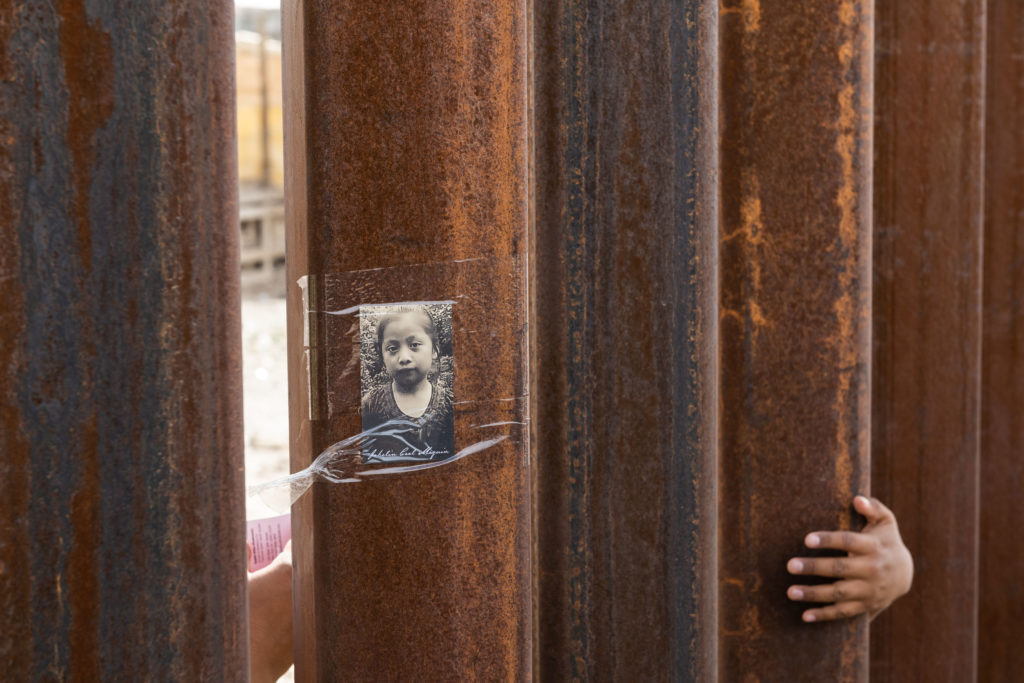
Ruth: An Immigration Story
This text sheet uses excerpts from the Book of Ruth to begin a conversation about U.S. immigration policy. It is designed to segue into “The Sin of Sodom,” a text study that appears in the revised and expanded Mikdash handbook (p. 30-31). The second page of this resource contains a prayer for immigrant children and...
more

Those who served their time deserve a second chance (Shabbat Nachamu)
A d’var Torah on Shabbat Nachamu Clarence Office, Jr., of Miami, FL, served in the U.S. Army for three years in the 1970s and was honorably discharged. Like many veterans, Clarence tragically fell into drug use and was arrested for drug offenses. He served a prison term and paid his debt to society. Clarence now...
more



